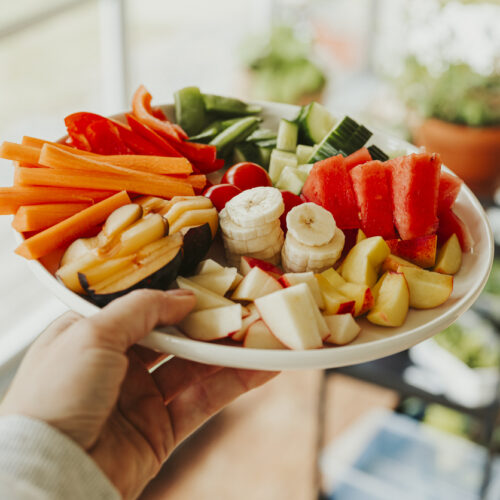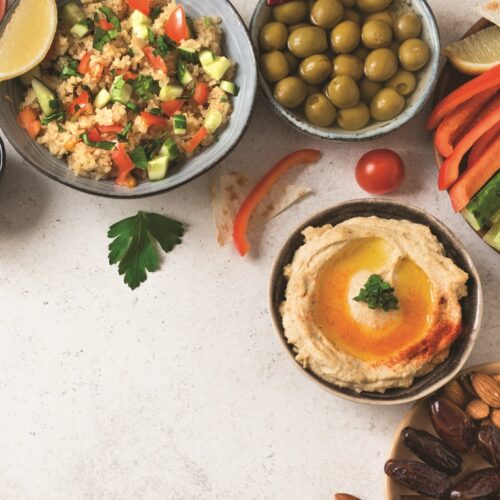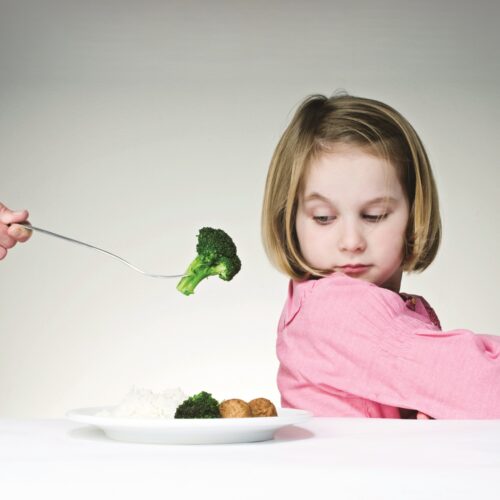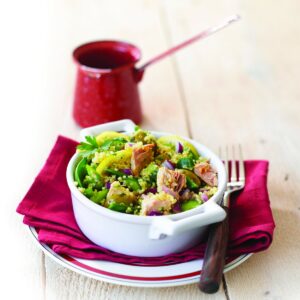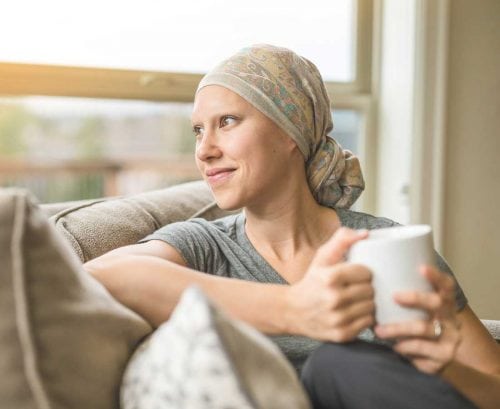
Eating a healthy diet while on chemotherapy can be difficult when tastebuds and appetite are hampered. Our nutritionist has seven helpful tips to help you eat well.
Seeking expert medical dietary advice from a registered dietitian who specialises in cancer is crucial. They are trained professionals who can help you to formulate an eating plan suited to how your cancer has presented, the medication you are taking and your personal tastes. Your preference is the most important thing, as even foods that aren’t nutrient-rich can be useful if you’re struggling to build an appetite and are losing weight.
1. Get the timing right
The best time to have your favourite foods and ‘celebration’ meals is at the top end of your cycle, not just before or on a chemo day. It’s best to associate your favourite foods with feeling well, not sickly.
2. Be sure to have water little and often to stay hydrated
Many people simply don’t drink enough. If you have a metallic taste in your mouth, try flavouring water with slices of cucumber or fennel – the flavours are fresh and not as bitter as lemon.
3. See your dentist before you start cancer treatment, if you can
Your mouth will take a bit of a beating, so it’s best if it’s as healthy as it can be before chemotherapy gets underway.
4. Think small
When you feel poorly, the sight of a big plate of food can be off-putting, so have small portions.
5. Include iron-rich foods you enjoy
Your red blood cell count can become low during treatment. Egg yolks, dark green leafy vegetables, fortified breakfast cereals, nuts, peanut butter, dried apricots and liver are all good choices or iron. Plant sources are better absorbed by your body when eaten with vitamin C – if you can’t tolerate citrus fruits, try new potatoes, peppers, peas, tomatoes or berries for this nutrient.
6. Don’t pile on the pressure
Try to think about what you might feel like eating throughout the day. It may take you until lunchtime to decide you want something as simple as a poached egg on toast for dinner, but knowing what you’re going to eat later in the day may help your appetite.
7. Find new favourite foods
Barbara Parry, a senior research dietitian and cancer expert at Hampshire Hospital NHS Foundation Trust in the UK, explains that the cells in your mouth and gastro-intestinal tract are among those most affected by cancer treatment. ‘The new cells can be slightly different from the old ones, so you may experience food differently,’ she says. ‘It’s common to have disliked a food your whole life only to find it’s something you really enjoy after treatment.’
www.healthyfood.com



